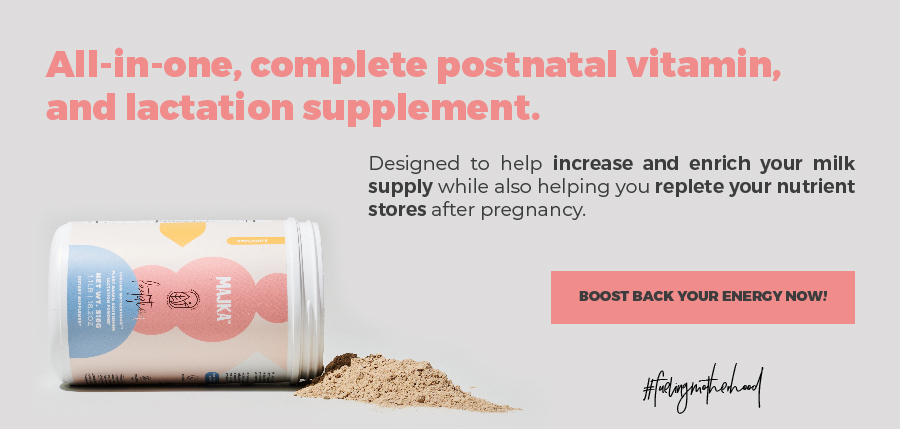
If you have found your way here, you may have recently had a baby come a little earlier than expected or are expecting to deliver early (before 37 weeks). First and foremost, congratulations on your bundle of joy! Having a premature baby can be a bit of a roller coaster experience, but just by coming here, you are taking a huge step in educating yourself on how breast milk can make a difference. So, let’s get down to it and talk about how breastmilk can help and support your preemie.
You may already know that breast milk provides essential vitamins, minerals, fat, carbohydrates, proteins, and enzymes. But did you know that it also has living components including stem cells, antibodies, germ-fighting properties, probiotics, growth factors, and so much more? These are all things that tiny bodies need to grow at their best, and your body makes it specifically for your baby. Your body instinctively knows that your baby has arrived early, and it adjusts to your baby’s needs. Did you know that your milk after delivering preterm is higher in certain nutrients to meet a premature baby’s needs? Preterm milk is higher in protein, fat, antibodies, and other key nutrients that will help your baby continue to mature as they grow outside your belly. It is pretty incredible what our bodies know how to do!
Antibodies are like a tiny little army that helps fight off viruses and bacteria we have been exposed to. When babies are born early, they do not receive all the antibodies that are typically transferred at the end of pregnancy.
Also, a preemie’s intestines (or gut) are not fully mature, and they have a harder time fighting off infections. Your breastmilk helps provide extra antibodies to support your preemie’s immune system and growth factors to help their gut continue to mature. These growth factors also reduce inflammation and can even help repair damaged intestinal cells! Your milk also has antimicrobial properties which help fight off bad bacteria and viruses. These same properties support the good flora in their intestines which helps with proper immune system development. If you’ve ever heard someone say that breastmilk can help fight illness or heal scratches, now you can understand why!
We know that a preemie is still developing outside the womb, including their lungs, brain, and gut. Research has shown us that there are many benefits to preemies who receive breastmilk. Premature babies who received breastmilk had lower rates of:
- sepsis (blood infections),
- necrotizing enterocolitis or NEC (an intestinal infection that can happen in preemies),
- retinopathy of prematurity (an eye disease where the retina does not develop properly),
- bronchopulmonary dysplasia or BPD (a chronic lung condition that can affect preemies), and
- lower mortality rates.
Preemies receiving their mother’s milk have better weight gain, immune support, and a lower occurrence of immune-related conditions. They are also shown to have higher cognitive scores and make more brain connections! Many of these benefits are dose-dependent, meaning the more breastmilk your infant receives, the better their outcomes.
Research also tells us that preemies who receive breast milk have less hospital and clinic visits after they go home from the NICU. They tend to have fewer hospitalizations in the first year of life, fewer pediatric specialty clinic visits, and require fewer specialized therapies. Once they are adolescents, preemies who received breast milk have lower risks for metabolic syndrome, lower blood pressure, lower bad cholesterol levels, and less insulin resistance (which can lead to diabetes). As you can see, breastmilk not only helps your baby right now, but continues to lay a firm foundation of health for the future.
Pumping for your preemie is hard work, so we hope learning about these amazing benefits will help give you that extra motivation to keep on going!
Now that you have read all these amazing benefits, you can learn more about how to provide milk for your preemie (linked article coming soon). Pumping for your preemie is hard work, so we hope learning about these amazing benefits will help give you that extra motivation to keep on going! You were made for this, Mama! And remember, providing breastmilk does not have to be all or nothing – your baby will still receive benefits no matter how much you can provide. If you are currently working on building your milk supply, talk to your medical team about donor breast milk from a reputable milk bank as many NICUs have access to these banks for their patients.
As always, if you need any breastfeeding/pumping support, please reach out to an IBCLC whether at your hospital or in your local community! They can help you get started pumping or troubleshoot any problems. Reach out to other NICU moms for support, as well! No one else knows the journey better than someone who has walked through it before you or is currently a NICU parent, so find a support group at your hospital or online. You’ve got this!
Written By Heather Bazemore, RN, BSN, MS, IBCLC
Heather Bazemore




